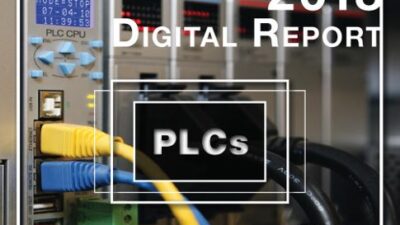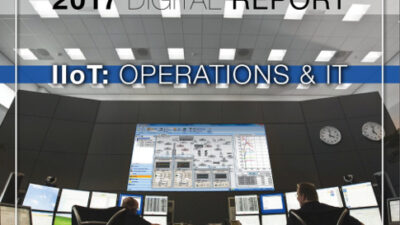In our recent Webcast, Cyber Security for Industrial Networks , the listener question that generated the most discussion from the panelists was from an end user at a chemical plant who said that his management decided that the IT department should be given responsibility for configuring firewalls for the DCS without any input from the control engineers. He thinks that’s a problem. So do the panelists.
Doug Clifton (Invensys Process Systems) doesn’t like the idea, but the potential effect depends on how the firewalls are configured and what kind of traffic is passing through them. In any case, ignoring input from control engineers is shortsighted, because their input can only add value to the policies, given their knowledge of the manufacturing systems.
Eric Byres (Byres Security) was quite concerned because, in his experience, the people running the DCS normally are and should be involved in those firewalls. The protocols and requirements of a control system are different than what IT typically deals with. “IT can certainly learn how to run a firewall for a DCS,” he says, “but there are enough differences that without input from the DCS and controls group, you’re looking for a problem.”
Tom Good (DuPont) doesn’t see it so much as a “who” issue as a “how” issue. He says DuPont has struck a co-management approach. He doesn’t think there’s anything wrong with having IT administer the settings (meaning getting in and physically modifying the configurations); however, deciding what those changes are supposed to be is a different matter. The change management process that’s put in place should start with the end user, in this case the DCS operators. A proposed change then goes through defined channels, including plant management and IT. Both have to agree to the change before it’s released to the person who actually makes the modifications to the equipment. There needs to be input from the process people because they know what has to take place in normal operation. When that is the procedure, having someone from outside the process group actually make the change can be a good thing, he says. Changes to DCS firewalls are (or at least should be) infrequent enough that process control engineers may get rusty when dealing with those systems. People who configure firewalls more frequently will keep those skills sharper.
This is only one of the topics discussed in the Webcast, which is available on demand at no cost. It’s a valuable resource just a few clicks away.
—Peter Welander, process industries editor, [email protected] , Control Engineering Weekly News


